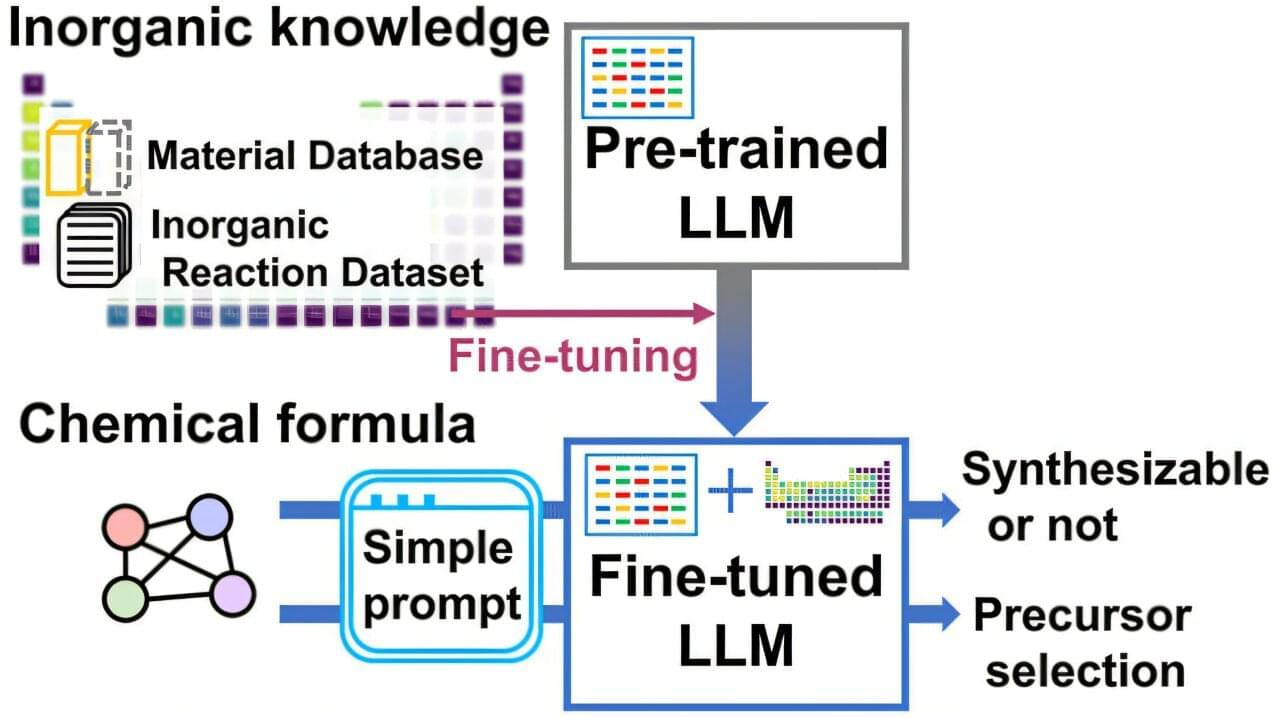This cohort study examines the incidence and proportion of interval cancer and screen-detected breast cancer and identifies factors associated with interval cancer.





An international team of astronomers reports the detection of four new gamma-ray millisecond pulsars using the Murriyang radio telescope at the Parkes Observatory in Australia. The discovery was detailed in a research paper published March 16 on the arXiv preprint server.
Pulsars are highly magnetized, rotating neutron stars emitting a beam of electromagnetic radiation. The most rapidly rotating pulsars, with rotation periods below 30 milliseconds, are known as millisecond pulsars (MSPs). Astronomers assume that they are formed in binary systems when the initially more massive component turns into a neutron star that is then spun up due to accretion of matter from the secondary star.
Now, a group of astronomers led by Matthew Kerr of the Naval Research Laboratory (NRL) in Washington, DC, has detected four new MSPs with spin periods below four milliseconds. The discovery was made using the Murriyang radio telescope as part of the search for gamma-ray sources.

A research team has successfully developed a technology that utilizes Large Language Models (LLMs) to predict the synthesizability of novel materials and interpret the basis for such predictions. The team was led by Seoul National University’s Professor Yousung Jung and conducted in collaboration with Fordham University in the United States.
The findings of this research are expected to contribute to the novel material design process by filtering out material candidates with low synthesizability in advance or optimizing previously challenging-to-synthesize materials into more feasible forms.
The study, with Postdoctoral Researcher Seongmin Kim as the first author, was published in two chemistry journals: the Journal of the American Chemical Society on July 11, 2024, and Angewandte Chemie International Edition on February 13, 2025.

Researchers from the U.S. Army Research Laboratory (ARL) and Lehigh University have developed a nanostructured copper alloy that could redefine high-temperature materials for aerospace, defense, and industrial applications.
Their findings, published in the journal Science, introduce a Cu-Ta-Li (copper-tantalum-lithium) alloy with exceptional thermal stability and mechanical strength, making it one of the most resilient copper-based materials ever created.
“This is cutting-edge science, developing a new material that uniquely combines copper’s excellent conductivity with strength and durability on the scale of nickel-based superalloys,” said Martin Harmer, the Alcoa Foundation Professor Emeritus of Materials Science and Engineering at Lehigh University and a co-author of the study. “It provides industry and the military with the foundation to create new materials for hypersonics and high-performance turbine engines.”

Studies that explore how the denser sections of atoms, known as atomic nuclei, interact with neutrons (i.e., particles with no electric charge) can have valuable implications both for the understanding of these atoms’ underlying physics and for the development of nuclear energy solutions. A process that is central to these interactions is neutron capture, which entails the absorption of a neutron by a nucleus, followed by the emission of gamma-rays.
Researchers at Los Alamos National Laboratory recently carried out a study aimed at better understanding the origin of the exceptional neutron capture capabilities of the radioactive isotope zirconium-88 (88 Zr), using a new experimental methodology. Their findings, published in Physical Review Letters, offer valuable insight that could help to improve existing nuclear and astrophysical models.
“The probability (per unit area) of a nucleus capturing a neutron at a given kinetic energy is called neutron-capture cross section,” Thanos Stamatopoulos, first author of the paper, told Phys.org. “The probability across several kinetic energies from 0.5 eV up to infinity is called resonance integral. Typically, in nature, when the cross section for neutrons with a kinetic energy of 25 meV (thermal cross section) is very large, the resonance integral is small.”

Superconductivity is a quantum physical state in which a metal is able to conduct electricity perfectly without any resistance. In its most familiar application, it enables powerful magnets in MRI machines to create the magnetic fields that allow doctors to see inside our bodies. Thus far, materials can only achieve superconductivity at extremely low temperatures, near absolute zero (a few tens of Kelvin or colder).
But physicists dream of superconductive materials that might one day operate at room temperature. Such materials could open entirely new possibilities in areas such as quantum computing, the energy sector, and medical technologies.
“Understanding the mechanisms leading to the formation of superconductivity and discovering exotic new superconducting phases is not only one of the most stimulating pursuits in the fundamental study of quantum materials but is also driven by this ultimate dream of achieving room-temperature superconductivity,” says Stevan Nadj-Perge, professor of applied physics and materials science at Caltech.
Over the past decades, roboticists have introduced a wide range of systems that can move in various complex environments, including different terrains, on the ground, in the air, and even in water. To safely navigate real-world dynamic environments without colliding with humans or nearby objects, most robots rely on sensors and cameras.
Researchers at Tsinghua University have recently developed WHERE-Bot, a new wheel-less, everting soft robot (i.e., a flexible robot that moves by turning its body structure inside out) that safely moves in unstructured environments without using sensors to detect obstacles. This robot, introduced in a paper published on the arXiv preprint server and set to be presented at the 8th IEEE International Conference on Soft Robotics (RoboSoft) in April, leverages its unique helical ring-based structure to move in all directions.
“One day, while playing with a Slinky toy during a lab meeting,” Shuguang Li, senior author of the paper, told Tech Xplore. “Suddenly, a new idea struck us: what if we connected the head and tail of the spring toy? By joining its two ends, the spring could be endlessly turned inside-out—a motion we now call ‘everting’—presenting a fascinating color flow. This sparked our curiosity about how such a helical ring—perhaps with some structure modifications—would behave in various environments: on the ground, along a pipe, underwater, on sand, and even in the air.”
How gravity causes a perfectly spherical ball to roll down an inclined plane is part of the elementary school physics canon. But the world is messier than a textbook.
Scientists in the Harvard John A. Paulson School of Engineering and Applied Sciences (SEAS) have sought to quantitatively describe the much more complex rolling physics of real-world objects. Led by L. Mahadevan, the Lola England de Valpine Professor of Applied Mathematics, Physics, and Organismic and Evolutionary Biology in SEAS and FAS, they combined theory, simulations, and experiments to understand what happens when an imperfect, spherical object is placed on an inclined plane.
Published in Proceedings of the National Academy of Sciences, the research, which was inspired by nothing more than curiosity about the everyday world, could provide fundamental insights into anything that involves irregular objects that roll, from nanoscale cellular transport to robotics.